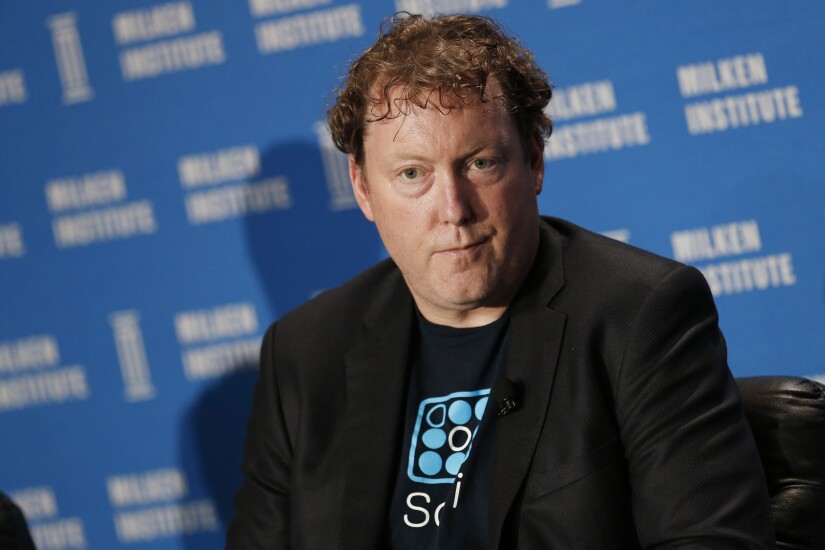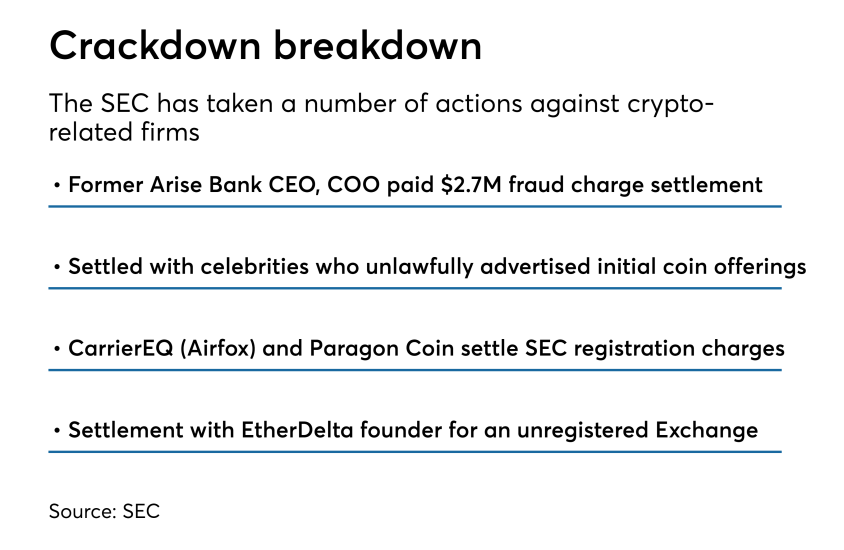Fintech funding reached a record high of $11.9 billion in 2018, and startups have continued to attract millions in investments from venture capital firms, private-equity players and banks this year.
The online challenger bank Chime announced a $200 million funding round at the beginning of March, the largest ever for a savings and lending fintech.
In the U.K., startups received financial support from big investors, including one that is backed by HSBC and Goldman Sachs.
Mike Cagney — the founder of SoFi, which ousted him in 2017 — has raised millions of dollars for his new home equity lending startup.
A crypto compliance firm has established partnerships with Barclays and others, and a small-business fintech is looking to add more lending partners to the list of large banks it already serves, including Bank of America, JPMorgan Chase, Wells Fargo, U.S. Bank and Citibank.
Scroll down for a summary of recent notable fintech funding deals, in order of the size of the funding rounds.













